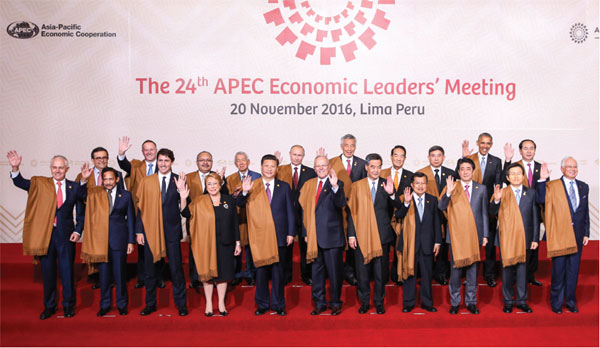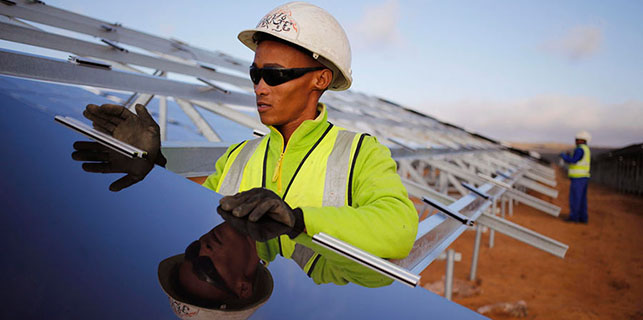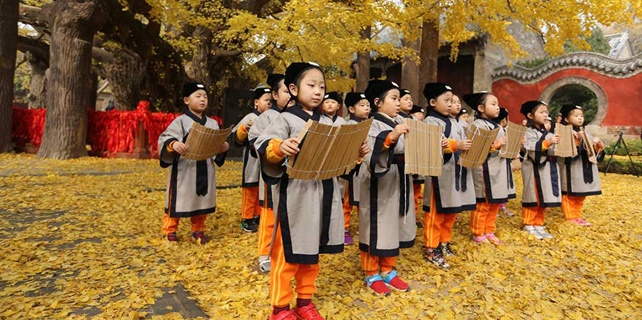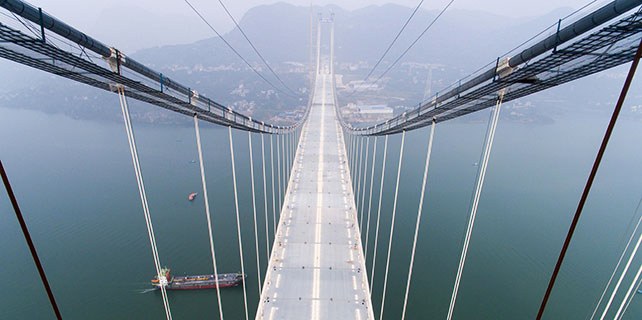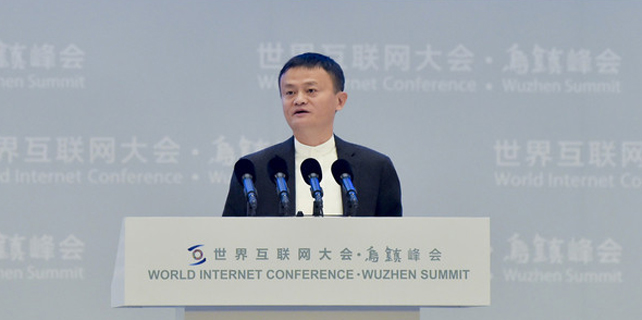Xi: Protectionism leads to 'nowhere'
|
From left, front row: Australia's Prime Minister Malcolm Turnbull, Brunei's Sultan Hassanal Bolkiah, Canada's Prime Minister Justin Trudeau, Chile's President Michelle Bachelet, China's President Xi Jinping, Peru's President Pedro Pablo Kuczynski, Hong Kong Chief Executive Leung Chun-ying, Indonesia's Vice-President Jusuf Kalla, Japanese Prime Minister Shinzo Abe, South Korean Prime Minister Hwang Kyo-ahn, Malaysian Prime Minister Najib Razak. Back row: Mexico's Economy Minister Ildefonso Guajardo, New Zealand's Prime Minister John Key, Papua New Guinea's Prime Minister Peter O'Neill, Philippines Foreign Affairs Secretary Perfecto Yasay, Russia's President Vladimir Putin, Singapore's Prime Minister Lee Hsien Loong, Chinese Taipei's special envoy James Soong, Thailand's Deputy Prime Minister Prajin Juntong, US President Barack Obama and Vietnam's President Tran Dai Quang, pose for a family photo during the APEC (Asia-Pacific Economic Cooperation) Summit in Lima, Peru, on Sunday. Ding lin / Xinhua |
Chinese president calls on world leaders to avoid closed doors, embrace openness
President Xi Jinping on Sunday called for firm steps to push economic globalization and boost free trade.
"History has proven that protectionism will get nowhere," Xi said in a speech at the informal meeting of Asia-Pacific Economic Cooperation (APEC) leaders, which was held in Lima, capital of Peru.
The 21 APEC member economies should promote an open and integrated economy, enhance connectivity and boost reform and innovation, Xi said.
"We need to make it clear to the world with action that the commitment of the Asia-Pacific to economic globalization is unchanged and its confidence undiminished," he added.
Xi called on the early establishment of the Free Trade Area of the Asia-Pacific (FTAAP), saying that the FTAAP will promote the economy of the Asia-Pacific region to a new level.
"To build the FTAAP will never be an easy task," Xi said, adding that the FTAAP's collective strategic study was smoothly completed this year, marking a new phase in its development.
The idea of creating the FTAAP was proposed eight years ago and was officially launched at the Beijing APEC summit in 2014.
"We need to effectively address the fragmentation of regional trade agreements, advocate openness and inclusiveness, and avoid a closed-door policy and exclusiveness," Xi told the APEC leaders.
This year's APEC Economic Leaders' Meeting comes against a backdrop of a sluggish global recovery, a lack of growth momentum, a backlash against globalization, weak trade and investment, and growing global challenges that cloud the economic outlook.
According to an estimate by the International Monetary Fund, China's contribution to the Asian economy has already exceeded 50 percent. With every percentage point of growth in the Chinese economy, Asia's overall economy rises 0.3 percent.
"Now that the US is apparently turning inward (with Donald Trump's victory in the US presidential election), it is especially important for China to take the driver's seat in terms of pushing for greater free trade in the region, which benefits everybody," Oh Ei Sun, an analyst at Singapore's Nanyang Technological University, was quoted by Xinhua News Agency as saying.
Liu Chenyang, director of the APEC Study Center at Nankai University in North China's Tianjin municipality, said that the FTAAP will hopefully solve problems such as the inconsistency in rules of origin and different FTAs dedicated to different areas, thus reducing the costs of implementing FTAs.
"The TPP (Trans-Pacific Partnership), for example, leads to vicious competition. Once the FTAAP becomes reality, it will help address problems arising from a mass of intertwined FTAs and push forward the integration of a regional economy," he said.
"With economic restructuring, the initiative of innovation-driven growth and development of free trade zones, China boasts an increasingly opened-up and transparent market with greater market potential and improved market environment," he added.
Xinhua contributed to this story.
anbaijie@chinadaily.com.cn




